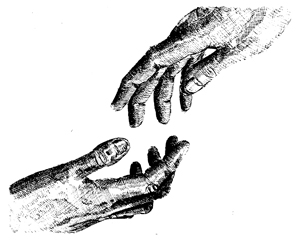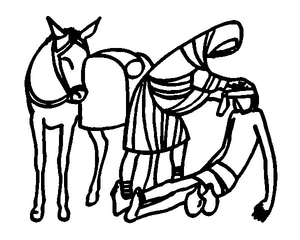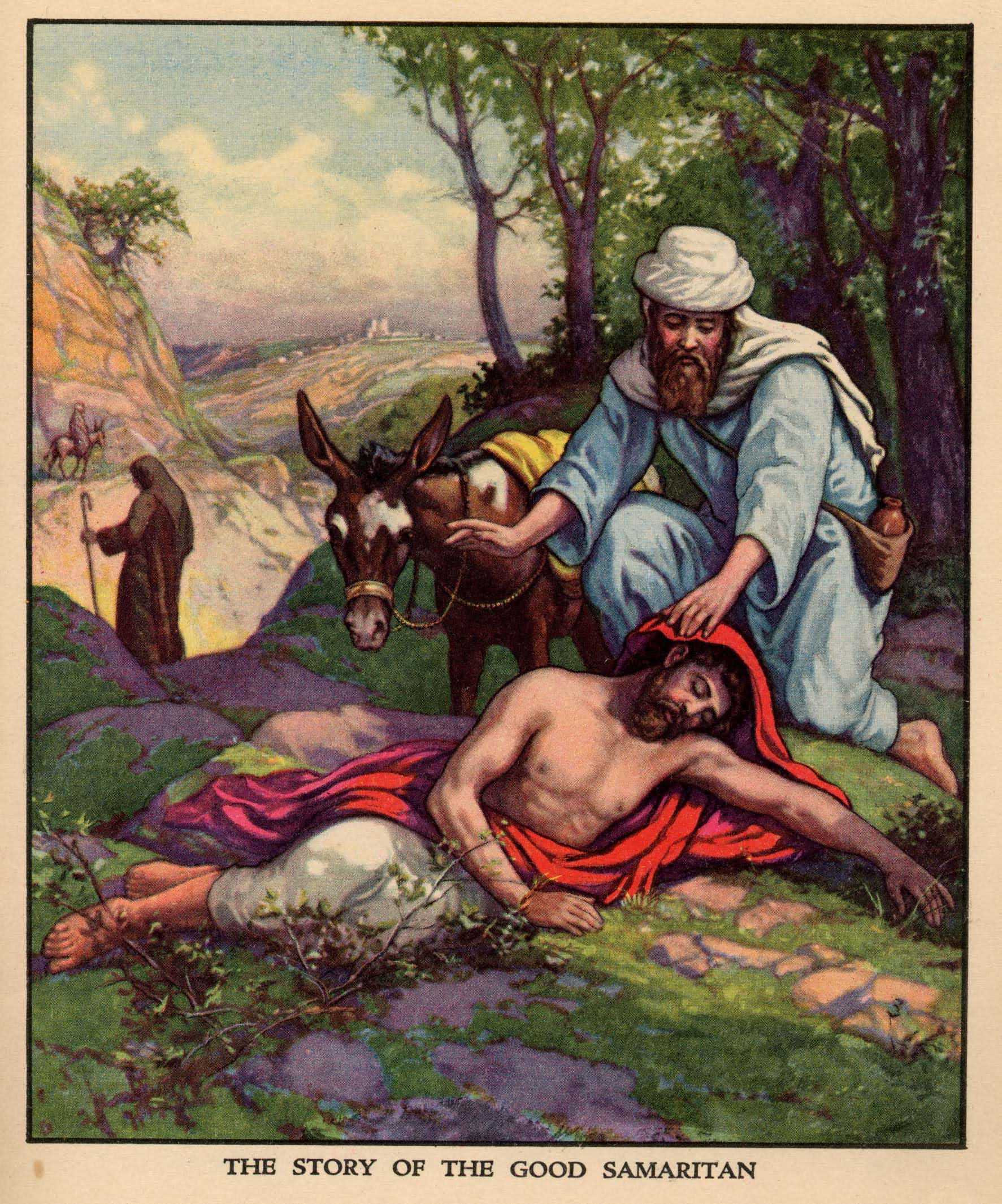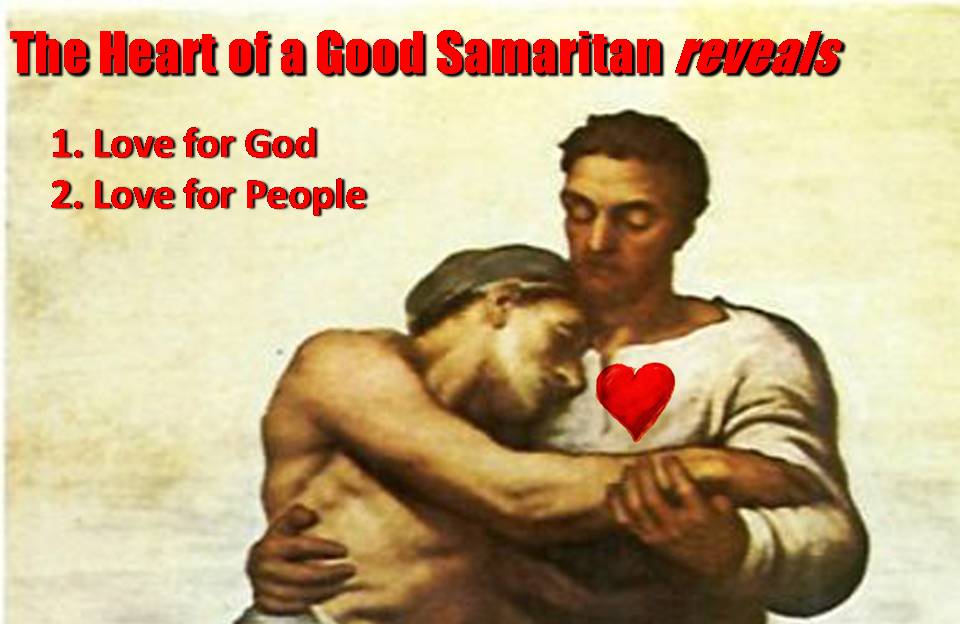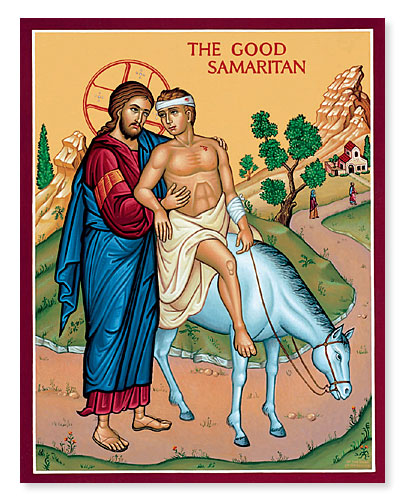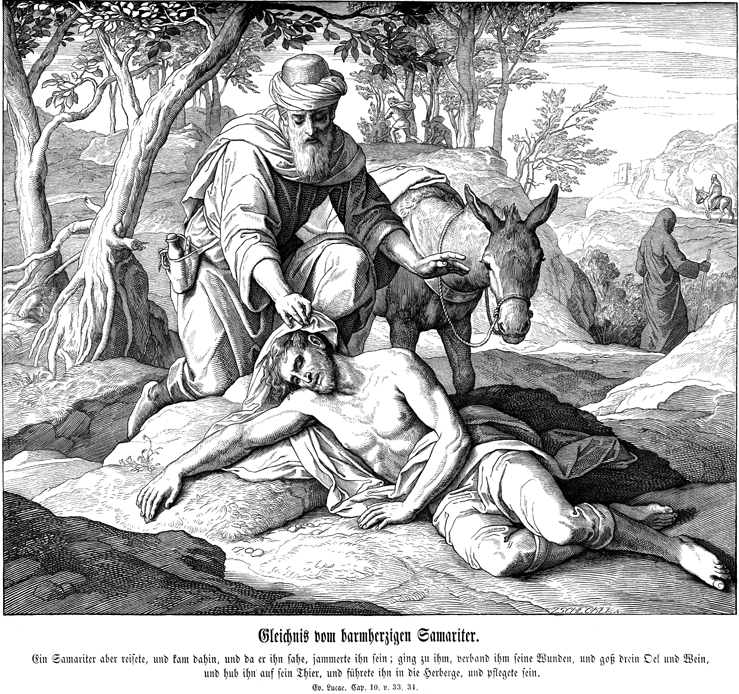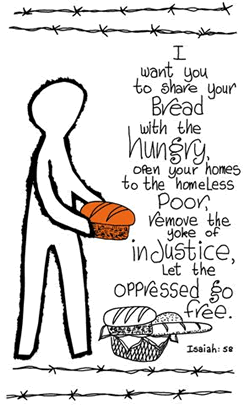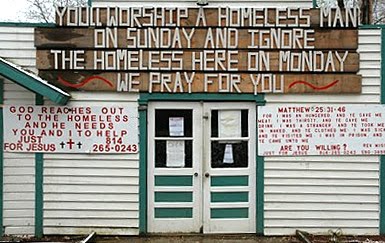
Bloor Lansdowne Christian Fellowship – BLCF Church, 1307 Bloor St. West, Toronto, ON.
Message for Sunday: Preparing a Dwelling Place for God
© January 14, 2024, by Steve Mickelson
Based on Messages Shared at BLCF on April 24, 2022, and November 23, 2014
BLCF: Bulletin November 23, 2014
Announcements & Call to Worship; Prayers
Tithing and Prayers; Hymn #572: Praise God
Doxology (Praise God From Whom All Blessings Flow) Instrumental – https://www.youtube.com/watch?v=Mk4p3rihONU
Music Special: Church (Take Me Back) Cochren & Co. – Worship Video with lyrics – https://youtu.be/ns8lIG6cLc8
Music Special: Goodness Of God (Lyrics) – Bethel Music – https://youtu.be/-f4MUUMWMV4?si=yGpvnOOs-a9-trXt
Music Special: HERE I AM, LORD – Collin Raye – (Lyric Video) – https://youtu.be/X_v9JKi4Ajo?si=Ow2aKbujA053h1Nz
Responsive Reading #620 (The Church – from Matthew 16, Ephesians 5 and 2, 1 Corinthians 12, Colossians 1); Prayer
Scripture Verses: 1 Corinthians 12:12-31, Ephesians 2:19-22
Message by Steve Mickelson: Preparing a Dwelling Place for God
Let us pray…
Welcome to Bloor Lansdowne Christian Fellowship.
Most of you are likely to know your neighbors here at BLCF. Not that long ago, in previous years, I would have invited each of you to take a moment to participate in the old tradition of shaking hands and saying hello to one another. But because we still have COVID-19 floating around I ask that you say hello to your neighbour by way of a friendly wave, and in doing so become reacquainted with God’s Church in the heart of Toronto. Remember, His church is not composed of the wood, brick, and mortar that make up the building at 1307 Bloor Street West, but the people, who are Christ’s Body of Believers
Now that we have reacquainted ourselves with the local church, let us begin today’s lesson, which is about God’s church. Let us first look at the word church, its definition, and its origins. For this, we shall look at Strong’s Concordance and find the following:
The English word “church” comes from the Greek word kyriakos, “belonging to the Lord” (kyrios). 1577 /ekklēsía (“church”) is the root of the terms “ecclesiology” and “ecclesiastical.”]
ekklésia: an assembly, a (religious) congregation
Original Word: ἐκκλησία, ας, ἡ Part of Speech: Noun, Feminine Transliteration: ekklésia Phonetic Spelling: (ek-klay-see’-ah) Short Definition: an assembly, congregation, church Definition: an assembly, congregation, church; the Church, the whole body of Christian believers.
1577 ekklēsía(from 1537 /ek, “out from and to” and 2564 /kaléō, “to call”) – properly, people called out from the world and to God, the outcome being the Church (the mystical body of Christ) – i.e. the universal (total) body of believers whom God calls out from the world and into His eternal kingdom.
http://biblehub.com/greek/1577.htm
This body of Christian believers is an assembly or congregation of believers, who when combined together comprise God’s church. Two Scripture verses describe the body of the church as being composed of parts or members, which are of equal importance, with even those parts which seem to be weaker being indispensable to God’s purpose. And that the body needs all of its parts to work in harmony, fulfilling His plan as one unified body.
This Scripture passage is summarized by the verses found at the beginning and end of 1 Corinthians 12:12-13, 27-32 (ESV):
12 For just as the body is one and has many members, and all the members of the body, though many, are one body, so it is with Christ. 13 For in one Spirit we were all baptized into one body—Jews or Greeks, slaves or free—and all were made to drink of one Spirit.
27 Now you are the body of Christ and individually members of it. 28 And God has appointed in the church first apostles, second prophets, third teachers, then miracles, then gifts of healing, helping, administrating, and various kinds of tongues. 29 Are all apostles? Are all prophets? Are all teachers? Do all work miracles? 30 Do all possess gifts of healing? Do all speak with tongues? Do all interpret? 31 But earnestly desire the higher gifts.
And I will show you a still more excellent way.
Together, as a body of believers, we are baptized into one body by God’s Holy Spirit. Remember no part of the function of the church body that to God, no individual position is of greater importance than the others. Remember the Lord stressed the importance of humility when he washed the feet of his disciples, which applies to the work of the apostles in the church. If we were to read the next chapter of Corinthians, we would see that the “more excellent way” is love, 1 Corinthians 13 (ESV):
The Way of Love
13 If I speak in the tongues of men and of angels, but have not love, I am a noisy gong or a clanging cymbal. 2 And if I have prophetic powers, and understand all mysteries and all knowledge, and if I have all faith, so as to remove mountains, but have not love, I am nothing. 3 If I give away all I have, and if I deliver up my body to be burned,[a] but have not love, I gain nothing.
4 Love is patient and kind; love does not envy or boast; it is not arrogant 5 or rude. It does not insist on its own way; it is not irritable or resentful;[b] 6 it does not rejoice at wrongdoing, but rejoices with the truth. 7 Love bears all things, believes all things, hopes all things, endures all things.
8 Love never ends. As for prophecies, they will pass away; as for tongues, they will cease; as for knowledge, it will pass away. 9 For we know in part and we prophesy in part, 10 but when the perfect comes, the partial will pass away. 11 When I was a child, I spoke like a child, I thought like a child, I reasoned like a child. When I became a man, I gave up childish ways. 12 For now we see in a mirror dimly, but then face to face. Now I know in part; then I shall know fully, even as I have been fully known.
13 So now faith, hope, and love abide, these three; but the greatest of these is love.
Footnotes: a. 1 Corinthians 13:3 Some manuscripts deliver up my body [to death] that I may boast b. 1 Corinthians 13:5 Greek irritable and does not count up wrongdoing

The body of believers, which is God’s church, is unified, functions, and is expressed by way of love, which is the unconditional love of Christ.
The Bible gives us another description of the Lord’s unconditional love in Ephesians 5:28-32 (ESV):
28 In the same way husbands should love their wives as their own bodies. He who loves his wife loves himself. 29 For no one ever hated his own flesh, but nourishes and cherishes it, just as Christ does the church, 30 because we are members of his body. 31 “Therefore a man shall leave his father and mother and hold fast to his wife, and the two shall become one flesh.” 32 This mystery is profound, and I am saying that it refers to Christ and the church.
Christ functions as the cornerstone of his church which has as its foundation Peter and the other disciples, held together by the mortar of the Holy Spirit, infused with Christian love, as we read in Matthew 16:16-18 (ESV):
16 Simon Peter replied, “You are the Christ, the Son of the living God.” 17 And Jesus answered him, “Blessed are you, Simon Bar-Jonah! For flesh and blood has not revealed this to you, but my Father who is in heaven. 18 And I tell you, you are Peter, and on this rock[a] I will build my church, and the gates of hell[b] shall not prevail against it.
Footnotes: a. Matthew 16:18 The Greek words for Peter and rock sound similar b. Matthew 16:18 Greek the gates of Hades
With Peter as the foundation for God’s church, you may recall that Jesus is its cornerstone, from today’s second Scripture passage from Ephesians 2:19-22 (ESV):
19 So then you are no longer strangers and aliens, but you are fellow citizens with the saints and members of the household of God, 20 built on the foundation of the apostles and prophets, Christ Jesus himself being the cornerstone, 21 in whom the whole structure, being joined together, grows into a holy temple in the Lord. 22 In him you also are being built together into a dwelling place for God by the Spirit.
The Apostle Paul, in his letters to the various churches, being Christ’s followers, acknowledges the expressions of unconditional love demonstrated by various individuals who worked together for the betterment of the church, as we read in his personal Greetings expressed in Romans 16:1-15 (ESV):
Personal Greetings
16 I commend to you our sister Phoebe, a servant[a] of the church at Cenchreae, 2 that you may welcome her in the Lord in a way worthy of the saints, and help her in whatever she may need from you, for she has been a patron of many and of myself as well.
3 Greet Prisca and Aquila, my fellow workers in Christ Jesus, 4 who risked their necks for my life, to whom not only I give thanks but all the churches of the Gentiles give thanks as well. 5 Greet also the church in their house. Greet my beloved Epaenetus, who was the first convert[b] to Christ in Asia. 6 Greet Mary, who has worked hard for you. 7 Greet Andronicus and Junia,[c] my kinsmen and my fellow prisoners. They are well known to the apostles,[d] and they were in Christ before me. 8 Greet Ampliatus, my beloved in the Lord. 9 Greet Urbanus, our fellow worker in Christ, and my beloved Stachys. 10 Greet Apelles, who is approved in Christ. Greet those who belong to the family of Aristobulus. 11 Greet my kinsman Herodion. Greet those in the Lord who belong to the family of Narcissus. 12 Greet those workers in the Lord, Tryphaena and Tryphosa. Greet the beloved Persis, who has worked hard in the Lord. 13 Greet Rufus, chosen in the Lord; also his mother, who has been a mother to me as well. 14 Greet Asyncritus, Phlegon, Hermes, Patrobas, Hermas, and the brothers[e] who are with them. 15 Greet Philologus, Julia, Nereus and his sister, and Olympas, and all the saints who are with them.
Footnotes: a. Romans 16:1 Or deaconess b. Romans 16:5 Greek firstfruit c. Romans 16:7 Or Junias d. Romans 16:7 Or messengers e. Romans 16:14 Or brothers and sisters; also verse 17
But how do we as members of Christ’s Church discern and understand God’s purpose for the church? It is by way of the Holy Spirit that we may be enlightened in the knowledge of why we are called and how we may best fulfill God’s purpose to prepare the church as a dwelling place for God, to His glory, as we see in Ephesians 1:
Ephesians 1:15-23 (ESV):
15 For this reason, because I have heard of your faith in the Lord Jesus and your love[a] toward all the saints, 16 I do not cease to give thanks for you, remembering you in my prayers, 17 that the God of our Lord Jesus Christ, the Father of glory, may give you the Spirit of wisdom and of revelation in the knowledge of him, 18 having the eyes of your hearts enlightened, that you may know what is the hope to which he has called you, what are the riches of his glorious inheritance in the saints, 19 and what is the immeasurable greatness of his power toward us who believe, according to the working of his great might 20 that he worked in Christ when he raised him from the dead and seated him at his right hand in the heavenly places, 21 far above all rule and authority and power and dominion, and above every name that is named, not only in this age but also in the one to come. 22 And he put all things under his feet and gave him as head over all things to the church, 23 which is his body, the fullness of him who fills all in all.
Footnotes: a. Ephesians 1:15 Some manuscripts omit your love
We, at Bloor Lansdowne Christ Fellowship, receive as Christ’s Church a New Covenant, which is: the gift of salvation, the promise of the resurrection, and the guidance of the Holy Spirit – all through Christ Jesus, who fulfilled God’s plan, as an expression of His Way, the Way of God’s Love, on a cross, to rescue us from death, which is the penalty for sin. All of us have sinned and would fall short of God’s Glory if it weren’t for the fact that Christ died for our sins and paid the price for our sins by the Power of the Cross.
Let us pray…
Music Special: In Christ Alone (My Hope is Found) – (Lyrics) – Adrienne Liesching – https://youtu.be/ENtL_li4GbE?si=NyvFtzuNpPNi7KCm
Benediction Music Special: In Jesus’ Name (God of Possible) – Katy Nichole – Lyric Video – https://youtu.be/R84PqRdZ7_Y
Benediction – (Colossians 3:15): And let the peace of Christ rule in your hearts, to which indeed you were called in one body. And be thankful.




















